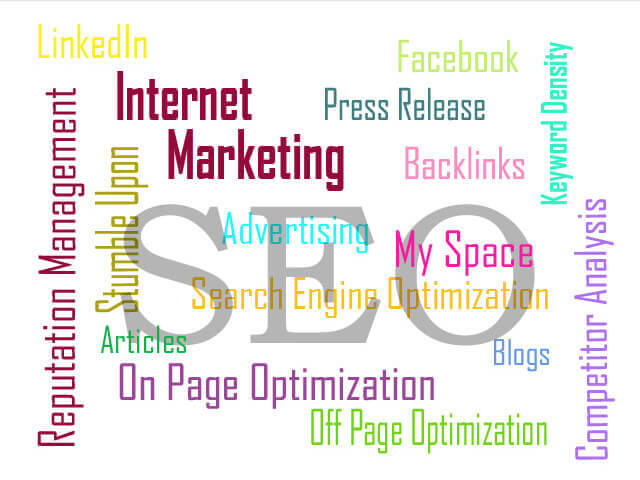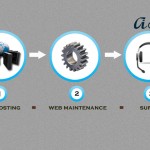SEO is more than adding fresh content, and definitely far from link building. And the scene continues to evolve with time. Over the years, working on major SEO projects, it is safe to conclude that an SEO company is as involved in the success of your website as much as the hiring company itself, if not more. True, the SEO consultants do all the field work to pull a website up the ranks. But they need the right information to drive the initiative successfully and produce the outcome that they had set out to achieve. Without proper understanding of the company’s expectations, and setting tangible goals of a SEO strategy, one may never know what the SEO company is doing for months, and how much (or less) they have achieved. Therefore, it is necessary that you quantify your goals, set out milestones to achieve over a reasonable time scale, and set up measurable landmarks to achieve that will be pointers to the success of your SEO plan. Apart from satisfying clients, it also shows the SEO company’s credibility in reaching promised goals. In this regards, it will be immensely helpful to gather key information about the company whose website you are about to optimize. There are various aspects of a company that needs to be discussed to create the right branding and appropriate corporate image.
Project goal
- What are the goals of the SEO project?
- Is there a strict deadline by which the goal is to be achieved?
- Quantify the outcome that will make this project a success.
- Are there any obstacles that may hinder the success of the SEO plan?
Branding
- What is the company’s mission statement?
- Where does the company see itself ten years from now?
- List the values that describe the company.
- Who are the competitors?
- What are the points that distinguish your company from your competition?
- What are your key products/ services?
- What is your company’s USP?
Audience
- Who are the customers? Classify in gender, age group, income level, social group, industry and designation (if applicable).
- What are the possible expectations of the customers from your website?
- What activities on the website may keep your audience relevantly engaged?
- What (if any) are the geographical locations of your target audience?
- What kind of media do they regularly read, watch or listen to?
SEO keywords
- What are the possible keywords that may people may search you with?
- What are the keywords you want to be searched with?
- How kind of websites do your competitors have and what is their success level? How does your site compare on keywords against your competitors?
- What are most important pages of your website (which information do you want to circulate most among your target audience on your website)?
- What are the other websites where your potential visitors go that may link to your website?
Sales
- What is your main sales strategy?
- What other marketing initiatives are in place to drive sales?
- What value propositions do you want to communicate to your audience?
Analytics
- What analytical applications or tools are in use now? How successful are these in comparing different campaign’s success?
- How do you measure the ROI for your marketing campaigns?
- How do you treat a sales lead? Physically contact them, telephone them or contact via video conference?
Communication
- Who is the point of contact for the SEO project?
- Who is/are responsible for approving work? What is the procedure for approval?
Answer to these should be enough to draw a good understanding of the company and the needs of the website, the most likely search queries and user expectations. Any SEO strategy based on the above model has yielded positive results. So both the website owner/s and the SEO consultant should be able to benefit from it.










